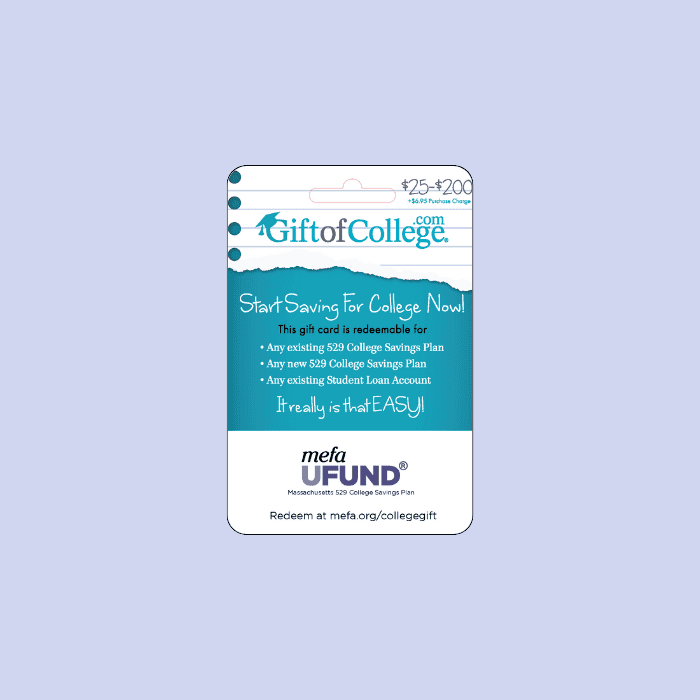LinkedIn is a social networking platform that can maintain your online resume and help you make industry-relevant connections. The platform is also excellent for finding jobs! Don’t be surprised if certain employers and recruiters require a LinkedIn profile before you can apply for a job. Knowing the impact that LinkedIn can have for your career, here are eight tips to create and manage your profile:
1. Post a Professional Photo
The key word here is professional. Use a recent, high-quality photo of yourself, preferably smiling and wearing professional attire. Headshots are a great option for a professional photo.
2. Optimize your Headline
Using specific keywords here can help your profile appear when others are searching for potential employees. Be specific and confident. Or simply list your current job title in this space.
3. Add Job Experience, Coursework, and Extracurricular Activities
When building your profile, think about jobs, internships, courses, and activities that you want to highlight. For jobs and internships, be precise and intentional about the skills you developed. Mentioning any leadership positions or volunteer work is also a plus. Include experiences that reflect your future aspirations.
4. Be Honest and Genuine
When creating a new profile, your goal is to connect authentically with others across industries and prospective employers. Presenting a false image with dishonest information and/or embellishments is damaging to your relationships and future career aspirations. Additionally, everything you add on your LinkedIn profile can serve as a talking point when going into an interview, so make sure you’re prepared to speak to each one.
5. Connect with Thought Leaders and Professionals
To demonstrate your interest in and learn more about a particular field, connect with thought leaders. Just stay away from asking early on about job openings. Instead, ask for career advice or share details about your relevant skills. When you attend networking events, ask to connect on LinkedIn in addition to exchanging business cards. In general, add people to your network who are relevant to your professional career. Irrelevant connections with people you don’t know won’t add any value.
6. Seek Recommendations and Endorsements
Having recommendations on your profile adds value. Make it a goal to have recommendations from your professors, mentors, or managers. Another valuable addition for your profile is the endorsement section. On LinkedIn, your connections can verify that you have certain skills, called endorsements. When you have a skill endorsement on LinkedIn, it’s a way for recruiters and others to not just see what you have to offer, but also know that others affirm your valuable skills.
7. Join Groups
LinkedIn groups provide a way for businesses to connect with their customers and for professionals to build relationships with others within a similar industry. Joining a LinkedIn group will allow you to be part of discussions that interest you, find great articles, and more.
8. Stay Updated
If you have an upcoming interview or networking opportunity, LinkedIn gives you the ability to investigate current news and changes with individual and company profiles. Additionally, if you post, share articles, or leave comments on LinkedIn, then you are conveying your engagement in your career field. Don’t forget to keep your own profile up to date, as well. If you change jobs, relocate to a different state, or earn a promotion, let your LinkedIn network know.
Maximizing the features of a social networking site can take time, but as you continue to engage with the platform you’ll be proficient in no time. And you never know — LinkedIn may be the avenue to find your ideal company and land your next job!













